Reading gives us someplace to go when we have to stay where we are.
Mason Cooley
In today’s digital world, it feels impossible to find time for personal growth. Between endless social media scrolling, work pressures, and daily tasks, we feel stuck and forget about what truly matters.
But let me tell you about an escape. Yes, Books.
In this article, we’ll read about 13 life-changing books. They cover a wide range of topics, from personal growth to inspiring stories and timeless classics.
These books are so inspiring they will change the way you think, and leave a lasting impression on your life.
Let’s start.
13 Life-Changing Books
Fictional Gems
“To Kill a Mockingbird” by Harper Lee
“To Kill a Mockingbird” is a book about a family in a small Southern town in America many years ago. The family we follow is the Finches, and the story is told by Scout, the daughter. Her brother is Jem, and her father is Atticus.
The most important part of the story is when Atticus, who is a lawyer, helps a black man named Tom Robinson. Tom is accused of something he didn’t do, just because he’s black.
Which shows us how unfair and mean people can be because of the color of someone’s skin.

Lessons from “To Kill a Mockingbird”
- Prejudice Hurts: The book shows us how being prejudiced and treating people unfairly because of their race is wrong. It teaches us that we should try to understand others and not judge them based on how they look.
- Doing What’s Right: Atticus teaches us that it’s important to stand up for what’s right, even when it’s hard. He’s brave and sticks to his principles, even when others don’t agree.
- Growing Up: Scout and Jem lose their innocence as they see the unfairness of the world.
- The Mockingbird: A very important idea in the book is the idea of the mockingbird. Mockingbirds are innocent birds that sing beautifully. Atticus says it’s a sin to hurt a mockingbird, which means we should protect innocent and kind-hearted people.
Memorable Quote from the Book
One of the most iconic lines from “To Kill a Mockingbird” is spoken by Atticus Finch:
“You never really understand a person until you consider things from his point of view… until you climb into his skin and walk around in it.”
How “To Kill a Mockingbird” is Life-Changing
“To Kill a Mockingbird” will change your life because it teaches you about fairness, kindness, courage, growing up, and understanding others.
It’s a book that will stay with you, remind you to be a better person and make the world a better place.
“Tuesdays with Morrie” by Mitch Albom
“Tuesdays with Morrie” is a heartwarming memoir by Mitch Albom. It recounts Albom’s weekly meetings with his former college professor, Morrie Schwartz, who is battling a terminal illness.
These meetings, occurring every Tuesday, become a journey of rediscovering life’s most important lessons.
The main ideas in this book are about love and facing the fact that we all will die someday.

Morrie believes that love and relationships with others are the most important things in life.
He also teaches us that understanding that we will die someday help us live a better life now. We should not be afraid of death but use it as a reminder to live well.
Morrie’s lessons also tell us to express our feelings honestly and not hide our emotions.
Lessons from “Tuesdays with Morrie”
- The Importance of Love and Relationships: The book reminds us the importance of love, family, and friendships in our lives.
- Facing Mortality: Morrie’s approach to death teaches us to confront our own mortality and live with a sense of urgency.
- Living Authentically: Morrie’s wisdom encourages us to live authentically and find happiness in being true to ourselves rather than to meet society’s expectations.
- Embracing Emotions: The book underscores the value of embracing our emotions, even the difficult ones.
Memorable Quote from the Book
One of the most memorable quotes from the book is,
“The most important thing in life is to learn how to give out love and to let it come in.”
How “Tuesdays with Morrie” is Life-Changing
Reading “Tuesdays with Morrie” can change your life. This book teaches us important things about love, being ourselves, and making our days count.
When you finish reading “Tuesdays with Morrie,” you feel like you’ve learned valuable lessons.
You’ll be more thankful for the people you love and the time you have.
“The Little Prince” by Antoine de Saint-Exupéry
“The Little Prince” tells a story that’s both whimsical and meaningful. It starts with a pilot who crashes his plane in the desert. There, he meets a little boy known as the Little Prince, who appears out of nowhere.
While the pilot fixes his plane, the Little Prince shares his incredible adventures from his tiny home planet, Asteroid B-612.
During these adventures, he meets strange adults on different planets. Each of these grown-ups acts strangely and cares about odd things.
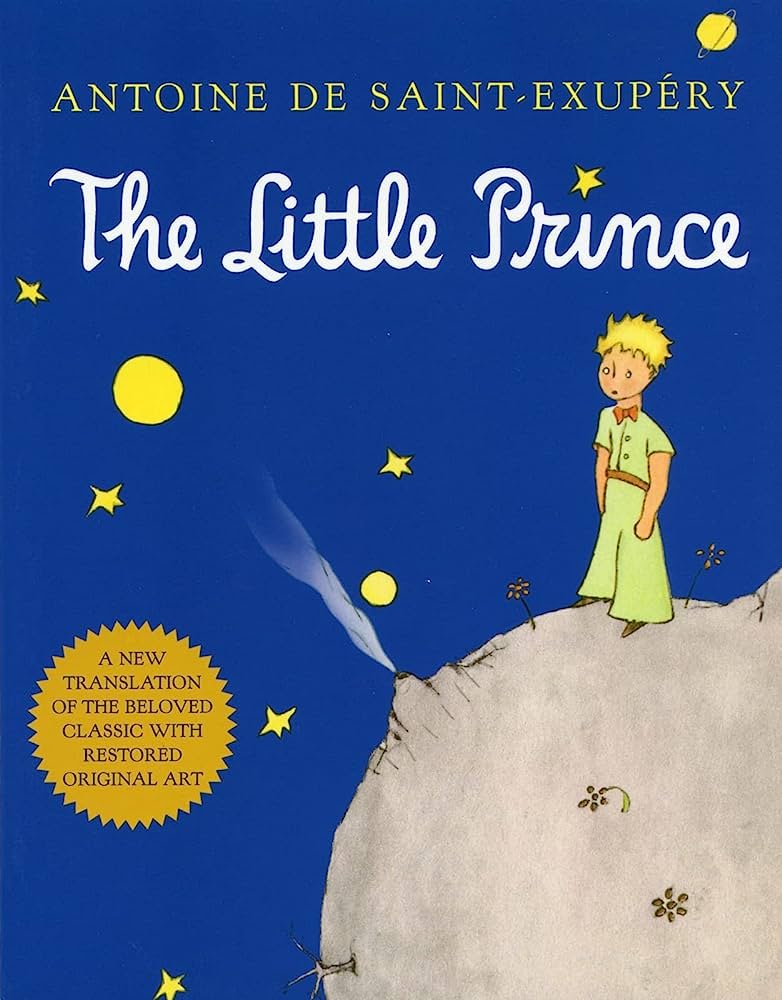
Lessons from “The Little Prince”
- Imagination is Important: The Little Prince values his imagination and looks at the world like a child.
- Finding True Meaning: The book makes us question what’s really important in life. It asks us to think beyond money and possessions.
- The Power of Friendship: The Little Prince forms deep connections with the pilot and other characters he meets.
- Seeing with the Heart: A famous line from the book is, “One sees clearly only with the heart. What is essential is invisible to the eye.” This means that understanding comes from the heart, not just what we see on the surface.
Memorable Quote from the Book
Another famous quote is,
“Grown-ups never understand anything by themselves, and it is tiresome for children to be always and forever explaining things to them.”
How “The Little Prince” Change Lives
“The Little Prince” reminds us to keep our inner child alive, appreciate our imagination, and rethink what’s important.
It teaches us to see the world with our hearts, to understand people by feeling what they feel. It also reminds us that chasing meaning and connection is more important than chasing money and things.
Books on Self-Discovery and Personal Growth
“Man’s Search for Meaning” by Viktor E. Frankl
“Man’s Search for Meaning” is written by Viktor E. Frankl. He was a survivor of the Holocaust and a well-known psychiatrist.
The book is split into two parts. The first part tells his personal story of being in Nazi concentration camps during World War II.
The second part explains his therapy method called logotherapy, which is about finding meaning in life.

Lessons from “Man’s Search for Meaning”
- Finding Meaning: Frankl teaches us that life have meaning, even when things are really tough. He believes that we can choose our attitudes and how we react to any situation.
- Discovering Purpose: The book tells us to look for a deeper purpose in life, beyond just being happy or successful.
- Resilience and Strength: Frankl’s experiences show us how strong people can be, even in the hardest times. When we have a sense of purpose and a reason to keep going, we can endure a lot.
- The Power of Choice: Frankl talks about the “last of the human freedoms,” which is the ability to choose our attitude in any situation.
Memorable Quote from the Book
One of the most powerful quotes from the book is,
“Everything can be taken from a man but one thing: the last of the human freedoms—to choose one’s attitude in any given set of circumstances, to choose one’s own way.”
How “Man’s Search for Meaning” Changes Lives
“Man’s Search for Meaning” makes us think about the meaning of our lives. It shows us that, even when things are really tough, we can choose how we respond and find meaning.
Frankl’s book inspires us to search for a purpose, live by our values, and understand ourselves better.
“The Alchemist” by Paulo Coelho
“The Alchemist” is a beautifully written novel that takes readers on a mystical journey of self-discovery and the pursuit of dreams.
The story centers on Santiago, a shepherd boy who embarks on an epic quest to find a hidden treasure in the Egyptian desert.
Throughout his journey, Santiago encounters a series of challenges, meets fascinating characters, and learns valuable life lessons.

Lessons from “The Alchemist”
- Following Your Dreams: One of the central themes of the book is the importance of following your dreams.
- The Language of the Universe: Santiago learns to read the “Language of the World,” he believes universe communicates with us through signs and omens.
- The Journey is the Reward: Santiago discovers that the journey itself, is just as valuable as the destination.
Memorable Quote from the Book
One of the most famous quotes from “The Alchemist” is,
“And, when you want something, all the universe conspires in helping you to achieve it.”
How “The Alchemist” is Life-Changing
“The Alchemist” is a story that takes us on an incredible adventure of self-discovery.
It tells us to listen to our hearts, trust our instincts, and chase our dreams with determination.
“The Subtle Art of Not Giving A F*ck” by Mark Manson
“The Subtle Art of Not Giving A F*ck” talks about personal growth in a different way.
Instead of always trying to be happy and positive, Manson suggests something different.
He says that it’s okay to have problems and not be perfect.
He believes that trying too hard to be happy can make us even more unhappy. He introduces the idea of “the subtle art,” which means choosing what really matters to us and not worrying about everything.
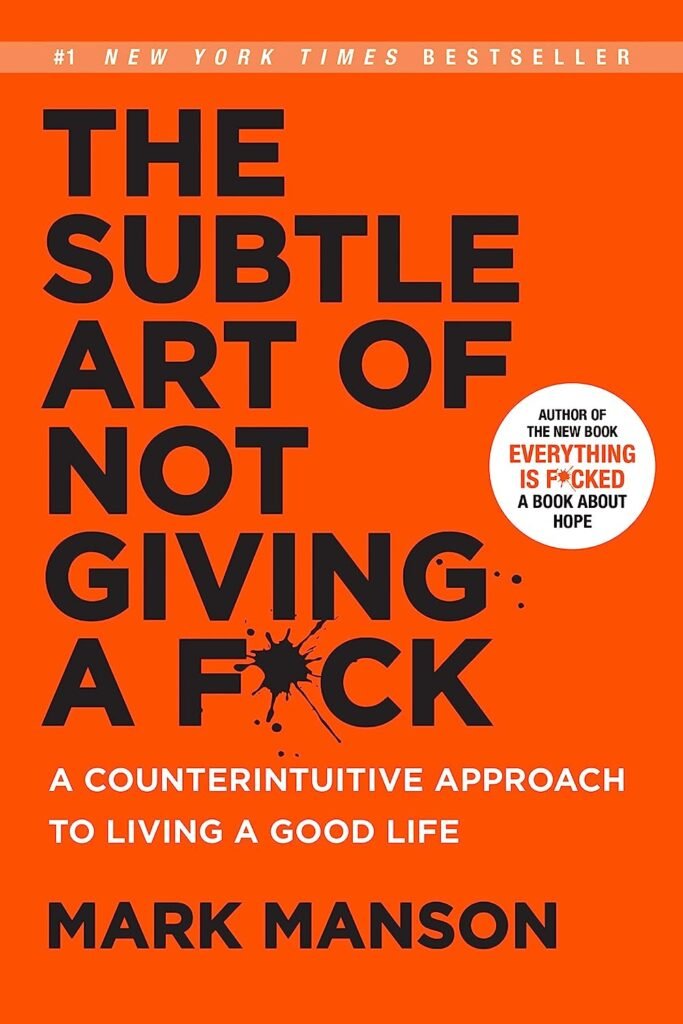
Lessons from “The Subtle Art of Not Giving A F*ck”
- Accepting the Bad: Manson tells us to accept that life has bad parts. We can’t avoid problems, but we can choose which problems are important.
- Know What’s Important: The book says that we should figure out what’s really important to us.
- Take Control: Manson wants us to take responsibility for our lives. Instead of blaming others or things, we should see what we can change.
- Choosing Our Battles: The book teaches us to pick our fights wisely. We don’t need to worry about everything. By saying “no” to unimportant things, we can focus on what makes us truly happy.
Memorable Quote from the Book
A famous quote from the book is,
“The desire for more positive experience is itself a negative experience. And, paradoxically, the acceptance of one’s negative experience is itself a positive experience.”
How “The Subtle Art of Not Giving A F*ck” Changes Lives
This book shows us a different way to think about happiness and personal growth.
This helps us find real happiness that comes from our choices and values, rather than always trying to be positive.
Books Expanding Your Horizons
“Sapiens: A Brief History of Humankind” by Yuval Noah Harari
“Sapiens” is a fascinating book by Yuval Noah Harari that tells the story of humanity from a long time ago to now. It talks about how we, Homo sapiens, became the dominant species on Earth.
The book says that we are special because we believe in things that don’t physically exist, like gods, money, and nations.
This ability to believe and share beliefs with others is what made us powerful.
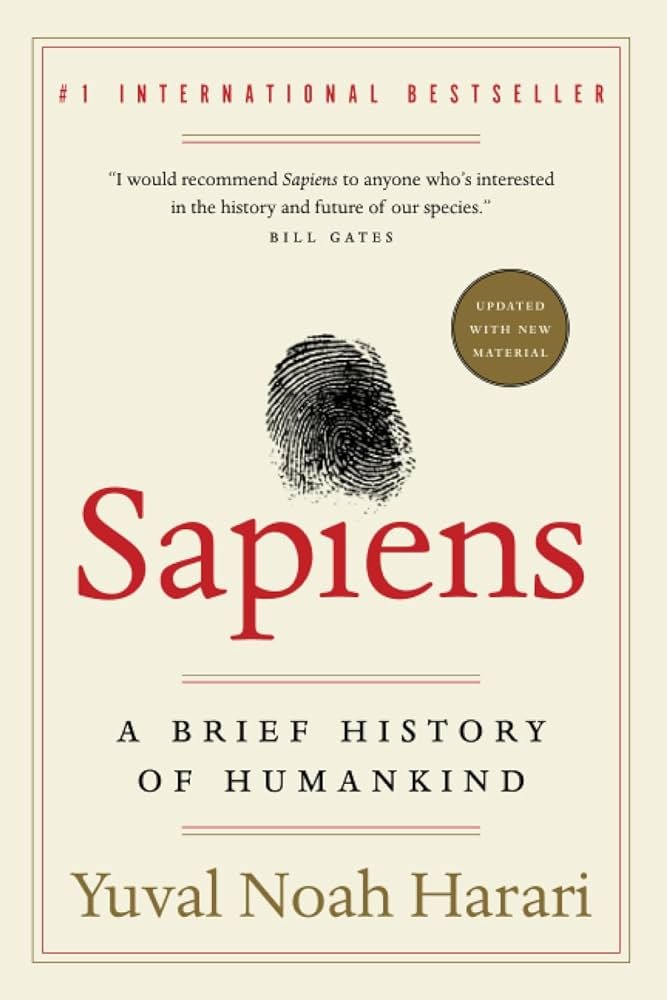
Harari talks about how we used to be hunters and gatherers, but we became farmers and built towns. This was a big change in history. Then, there was the Scientific Revolution, which made us understand the world better.
The book also looks at how empires were built through conquests and how capitalism changed our lives.
Lessons from “Sapiens: A Brief History of Humankind”
- The Power of Belief: Harari tells us that what makes us special is our ability to believe in things together. Our shared beliefs shape our societies and our world.
- The Change from Hunting to Farming: The book talks about how we shifted from hunting animals and gathering plants to growing our own food.
- The Impact of Science and Empires: Harari shows how science and empires changed the world. Science helped us understand things, and empires brought people together and caused conflicts.
- Thinking About Technology: The book makes us think about how technology change our lives and our future.
Memorable Quote from the Book
One important quote from the book is,
“The real difference between us and chimpanzees is the mythical glue that binds together large numbers of individuals, families, and groups. This glue has made us the masters of creation.”
How “Sapiens: A Brief History of Humankind” Changes Lives
“Sapiens” makes us think about our beliefs, our history, and our future. By learning from the past, we see how we fit into the bigger story of humanity.
Harari’s book encourages us to think critically and see the world from a wider perspective.
“Cosmos” by Carl Sagan
“Cosmos” is a mesmerizing book by Carl Sagan, an astrophysicist and science communicator, which invites readers on an awe-inspiring journey through the universe.
Sagan’s book weaves together science, philosophy, and the wonders of the cosmos.
The book begins with a cosmic calendar, condensing the entire history of the universe into a single year. It then takes readers on a voyage through space and time.
You will explore the origins of life on Earth, the evolution of civilizations, and the mysteries of the universe.
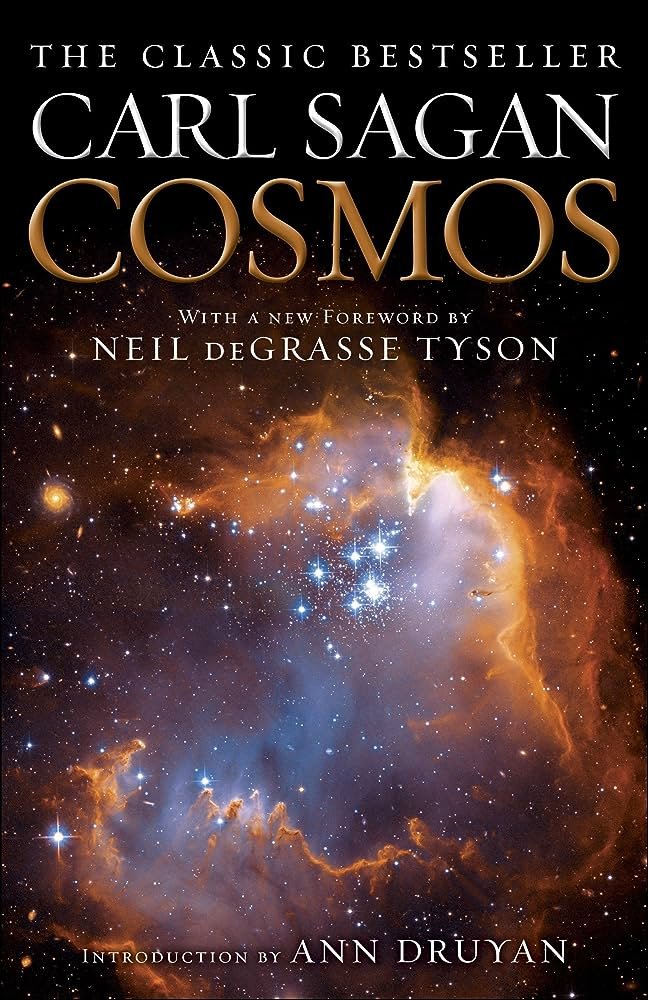
Lessons from “Cosmos”
- Seeing the Big Picture: Sagan wants us to have the “cosmic perspective.” This means we should see ourselves as part of the universe, not just as individuals.
- The Power of Curiosity: “Cosmos” shows how curiosity and asking questions lead to amazing discoveries.
- The Fragile Beauty of Earth: The book underscores the fragility of our planet and the need to protect it. Sagan’s famous “Pale Blue Dot” passage reminds us of the Earth’s smallness in the grand scheme of the universe.
- Looking for Other Life: Sagan talks about the possibility of life beyond Earth. This makes us wonder if there are other beings out there.
Memorable Quote from the Book
One of the most famous quotes from “Cosmos” is,
“The cosmos is within us. We are made of star-stuff. We are a way for the universe to know itself.”
How “Cosmos” is Life-Changing
“Cosmos” is a life-changing experience because it inspires a sense of wonder and curiosity about the universe.
Sagan’s writing encourages readers to see the beauty in science and the interconnectedness of all things.
Books on Improving Relationships
“The 5 Love Languages” by Gary Chapman
“The 5 Love Languages” is a widely acclaimed book by Dr. Gary Chapman.
It explores the concept of love languages and how understanding them transform our relationships.
Chapman proposes that each person has a primary love language—a specific way they express and receive love.
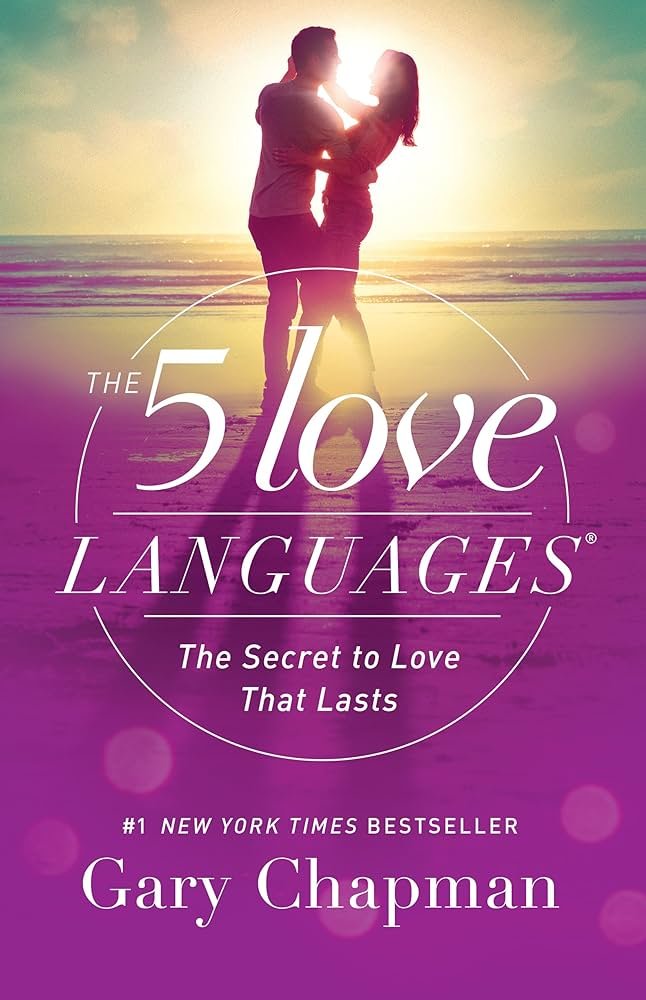
The book identifies five primary love languages:
- Words of Affirmation: People with this love language value verbal expressions of love and appreciation. Simple words of encouragement and compliments mean a lot to them.
- Quality Time: For those with this love language, spending quality time together without distractions is essential.
- Receiving Gifts: Some individuals feel most loved when they receive thoughtful gifts. These gifts symbolize love and thoughtfulness to them.
- Acts of Service: Acts of service involve doing things for your loved one, like cooking a meal, doing chores, or helping with tasks.
- Physical Touch: Physical touch, such as hugs, kisses, and holding hands, is the primary love language for some.
Lessons from “The 5 Love Languages”
Understanding Differences: The book teaches us that everyone has a unique love language. We need to understand and use the right love language to make our loved ones feel loved.
- Better Communication: Learning about love languages help us communicate better in our relationships.
- Stronger Bonds: By using the right love language, we create stronger connections with our loved ones.
- Expressing Love: The book emphasizes the importance of showing love through actions and words.
Memorable Quote from the Book
A famous quote from the book is,
“Love is something you do for someone else, not something you do for yourself.”
How “The 5 Love Languages” is Life-Changing
“The 5 Love Languages” improve our relationships, make them stronger and happier. It reminds us to express love in ways that matter to our loved ones.
Ultimately, the book encourages us to be more thoughtful and caring in our relationships, which leads to a happier and loving life.
“How to Win Friends and Influence People” by Dale Carnegie
“How to Win Friends and Influence People” is a timeless self-help classic written by Dale Carnegie.
Published in 1936, it remains one of the most influential books on communication, interpersonal skills, and building meaningful relationships.
Carnegie’s book provides practical advice for improving social interactions and achieving personal and professional success.
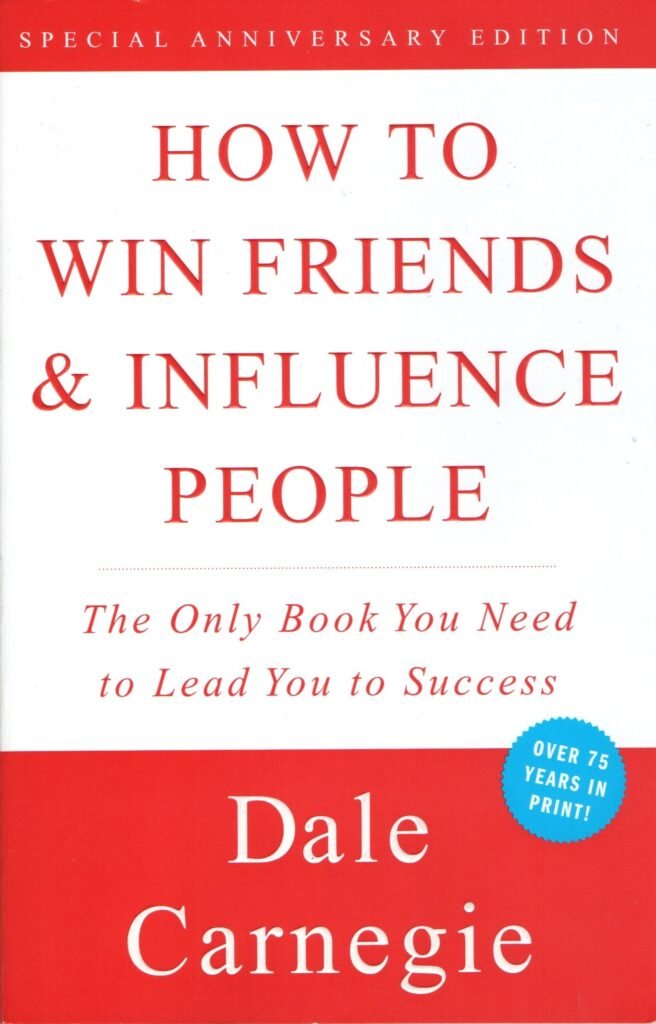
The book is organized into several sections. Each addresses key aspects of effective communication and relationship-building.
Some of the key principles include:
- Show Real Interest: It’s important to be genuinely interested in other people. When we listen to them, we build stronger relationships.
- Give Compliments: Carnegie suggests giving sincere compliments and showing appreciation.
- Avoid Criticism: Instead of criticizing or complaining about others, try to understand their perspective.
- Be a Good Listener: Being a good listener is crucial. When we pay full attention and ask questions, it shows that we care about what others are saying.
- Understand Others: To influence others positively, we need to understand their wants and needs.
Lessons from “How to Win Friends and Influence People”
- Better Communication: The book teaches us how to communicate more effectively, which leads to better relationships.
- Improved Social Skills: By following Carnegie’s advice, we become better at making friends, resolving conflicts, and handling social situations.
- Conflict Resolution: We learn how to manage conflicts and disagreements in a more constructive way.
- Positive Influence: Applying the book’s principles make us more persuasive and influential while maintaining positive relationships.
Memorable Quote from the Book
One famous quote from the book is,
“You can make more friends in two months by becoming interested in other people than you can in two years by trying to get other people interested in you.”
How “How to Win Friends and Influence People” Changes Lives
“How to Win Friends and Influence People” teach us practical tools for better communication and building more satisfying relationships.
The book encourages kindness, empathy, and effective communication. By applying Carnegie’s principles, we become more persuasive, influential, and skilled at interacting with others.
Books on Mindfulness and Inner Peace
“The Power of Now” by Eckhart Tolle
“The Power of Now” is a book by Eckhart Tolle, who teaches about mindfulness.
The main ideas in the book are about living in the present moment.
The book also talks about something called the “ego,” which is our idea of ourselves. It says that when we focus too much on our ego, it cause problems.
The book introduces the idea of the “pain body,” which is a storage of old emotional hurts. It tells us how to recognize and let go of these hurts so we can feel better.
Lastly, the book encourages us to connect with our true selves, which it calls “consciousness.”
Overall, the book teaches us to be more focused on the here and now to live a happier life.
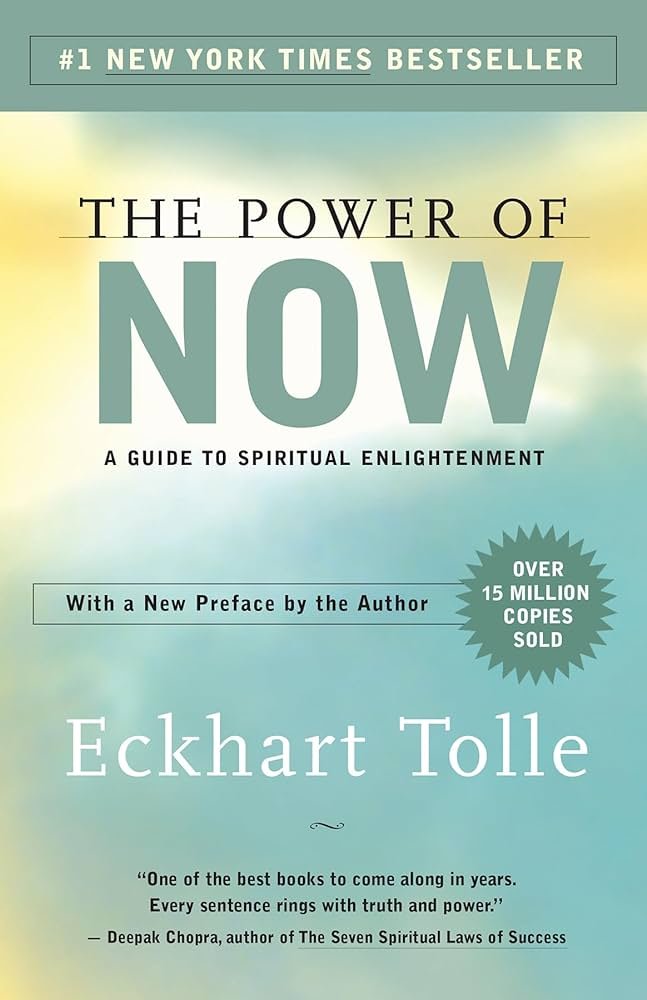
Lessons from “The Power of Now”
- Live in the Present: The book tells us to focus on the present moment, not the past or future.
- Let Go of the Ego: Tolle says that thinking too much about our ego can make us unhappy. We find more clarity and contentment by understanding and separating from our ego.
- Release Emotional Pain: Learning to let go of old emotional pain make us better and heal emotionally.
- Connect with Our True Self: The book connect us with our true self or consciousness, which lead to a more genuine and joyful life.
Memorable Quote from the Book
A famous quote from the book is,
“Realize deeply that the present moment is all you ever have. Make the Now the primary focus of your life.”
How “The Power of Now” Changes Lives
“The Power of Now” shifts our perspective. It encourages us to let go of worries about the past and future and focus on the present.
By practicing mindfulness and connecting with our true selves, we find inner peace and grow spiritually.
“The Four Agreements” by Don Miguel Ruiz
“The Four Agreements” is a compelling and transformative book by Don Miguel Ruiz, which draws inspiration from ancient Toltec wisdom.
Ruiz distills the wisdom of his Toltec ancestors into four powerful agreements.
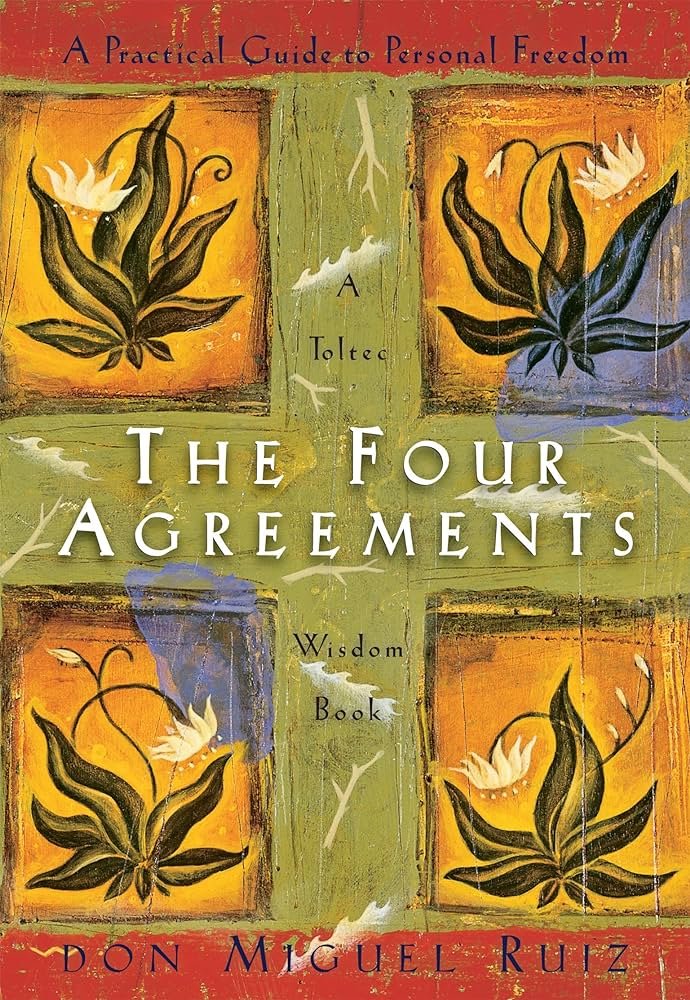
The book’s central ideas revolve around these four agreements:
Use Your Words Wisely: This means say things that are true and kind. Words are powerful, and we should use them to spread love and goodness.
Don’t Take Things Personally: People say or do things, but it’s not always about us. We shouldn’t feel hurt by what others say or do.
Avoid Making Assumptions: Instead of guessing what others mean, we should talk to them and ask questions to understand better.
Always Try Your Best: In everything we do, we should do our best, even if our best changes from day to day.
Lessons from “The Four Agreements”
- Personal Freedom: The book teaches us that by following these agreements, we attain freedom. It emphasizes that true freedom comes from within, and it’s not dependent on external circumstances.
- Improved Relationships: By practicing these agreements, we improve our relationships with others. We learn to communicate more authentically and avoid unnecessary conflicts.
- Emotional Resilience: Ruiz’s teachings develop emotional resilience. We become less affected by the opinions and actions of others and learn to navigate life’s challenges with grace.
- Self-Mastery: “The Four Agreements” offers a path to self-mastery by encouraging us to be mindful of our words and actions.
Memorable Quote from the Book
One of the most memorable quotes from the book is,
“The real you is still a little child who never grew up. Sometimes that little child comes out when you are having fun or playing, when you feel happy, when you are painting, or writing poetry, or playing the piano, or expressing yourself in some way. These are the happiest moments of your life – when the real you comes out, when you don’t care about the past and you don’t worry about the future. You are childlike.”
How “The Four Agreements” is Life-Changing
“The Four Agreements” offers a simple yet profound roadmap to personal transformation and spiritual growth.
By applying these agreements to our lives, we attain greater personal freedom, strengthen our relationships, and develop emotional resilience.
“The Untethered Soul: The Journey Beyond Yourself” by Michael A. Singer
“The Untethered Soul” by Michael A. Singer helps you understand yourself better.
It tells you that you are not just your thoughts and feelings; there is something deeper inside you.
The book talks about how our minds are like chatty roommates, always talking to us. But we are not the voice in our heads. We are the ones listening to that voice.
Singer says that if you can step back and observe your inner voice without getting caught up in it, you’ll find inner peace.

Lessons from “The Untethered Soul”:
- Knowing Yourself: The book teaches us to go beyond our thoughts and feelings to discover our true selves.
- Freedom from Pain: Singer shows us how to break free from patterns of pain and suffering that we create for ourselves. By observing our thoughts and feelings without getting attached, we let go of their hold on us.
- Living without Fear: The book encourages us to face our fears and limitations head-on. When we realize that fear is just an emotion, we take brave steps toward personal growth.
Memorable Quote from the Book:
“The only way to inner freedom is through the one that watches it all. Just stay as the one who is watching, and don’t be the one who is reacting.”
How “The Untethered Soul” Changes Lives
“The Untethered Soul” make you understand your inner self better. It shows you how to let go of the noise in your mind and find peace within.
This book is a guide to living with more mindfulness, being true to yourself, and finding inner peace.
You may also like:
Top 5 Books You Need to Read for Achieving Your Dreams
Wrapping it Up
Haruki Murakami said,
“If you only read the books that everyone else is reading, you can only think what everyone else is thinking.”
Challenge yourself to pick up a book that is not on everyone’s shelf.
As you ponder the pages of “To Kill a Mockingbird,” “The Little Prince,” “The Power of Now,” and many others, keep in mind that each book is an opportunity to change, to grow, and to become a better version of yourself.
Happy Reading 🙂



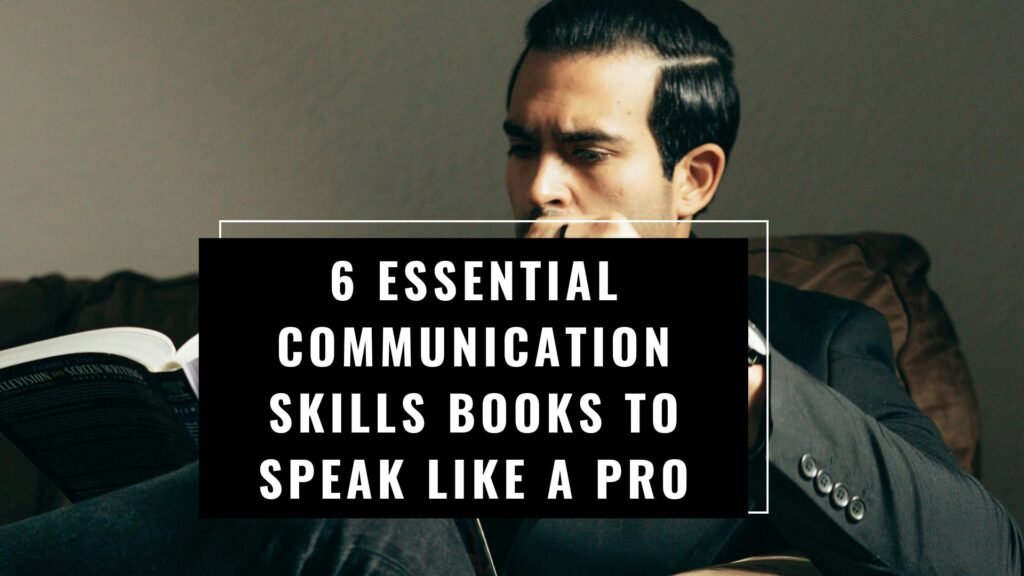




of course like your web site but you need to test the spelling on several of your posts. Many of them are rife with spelling issues and I find it very bothersome to tell the truth nevertheless I will definitely come again again.